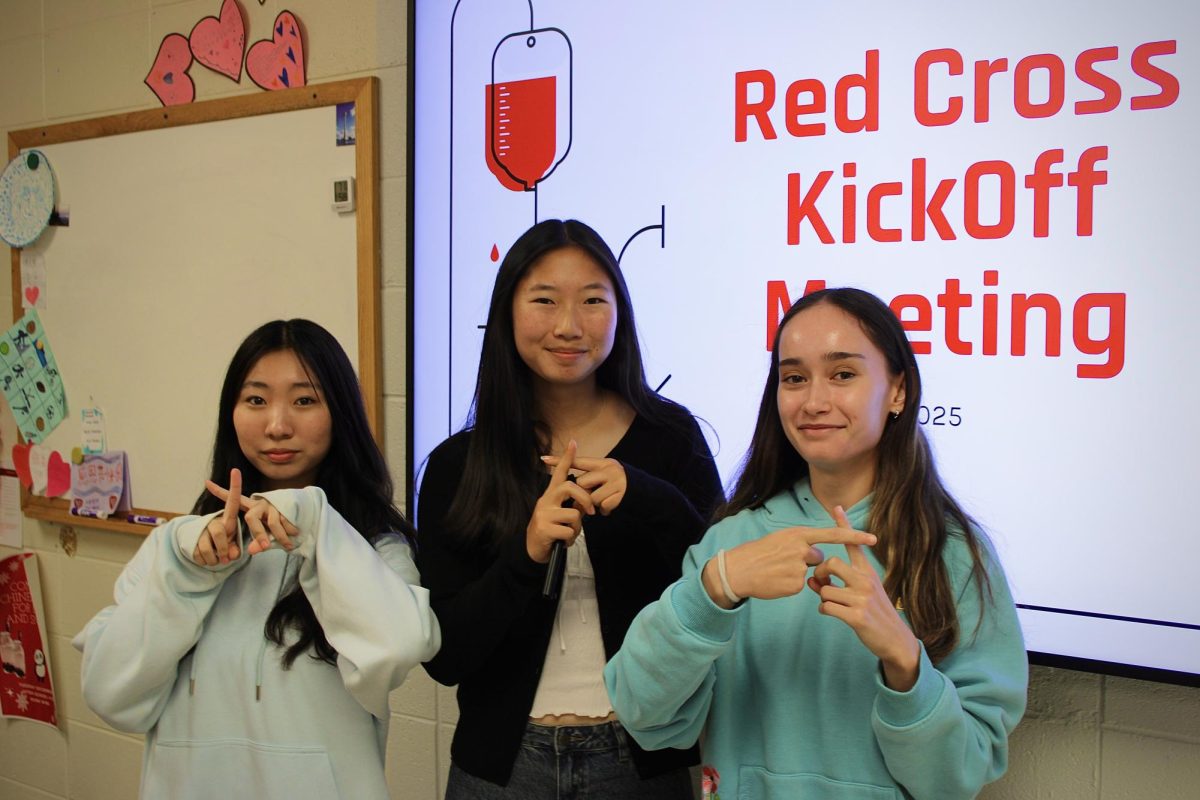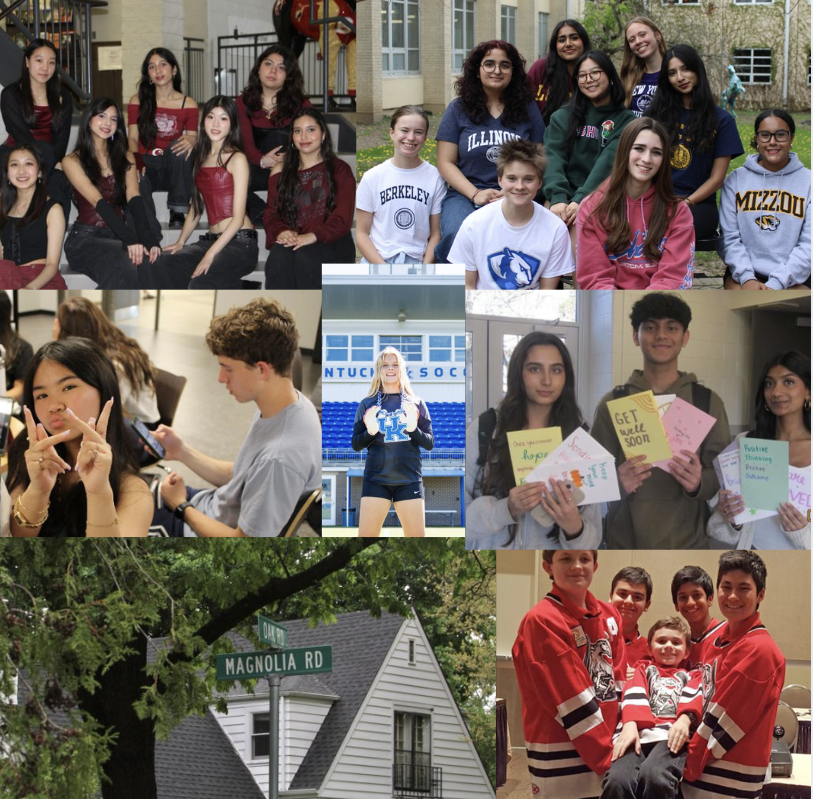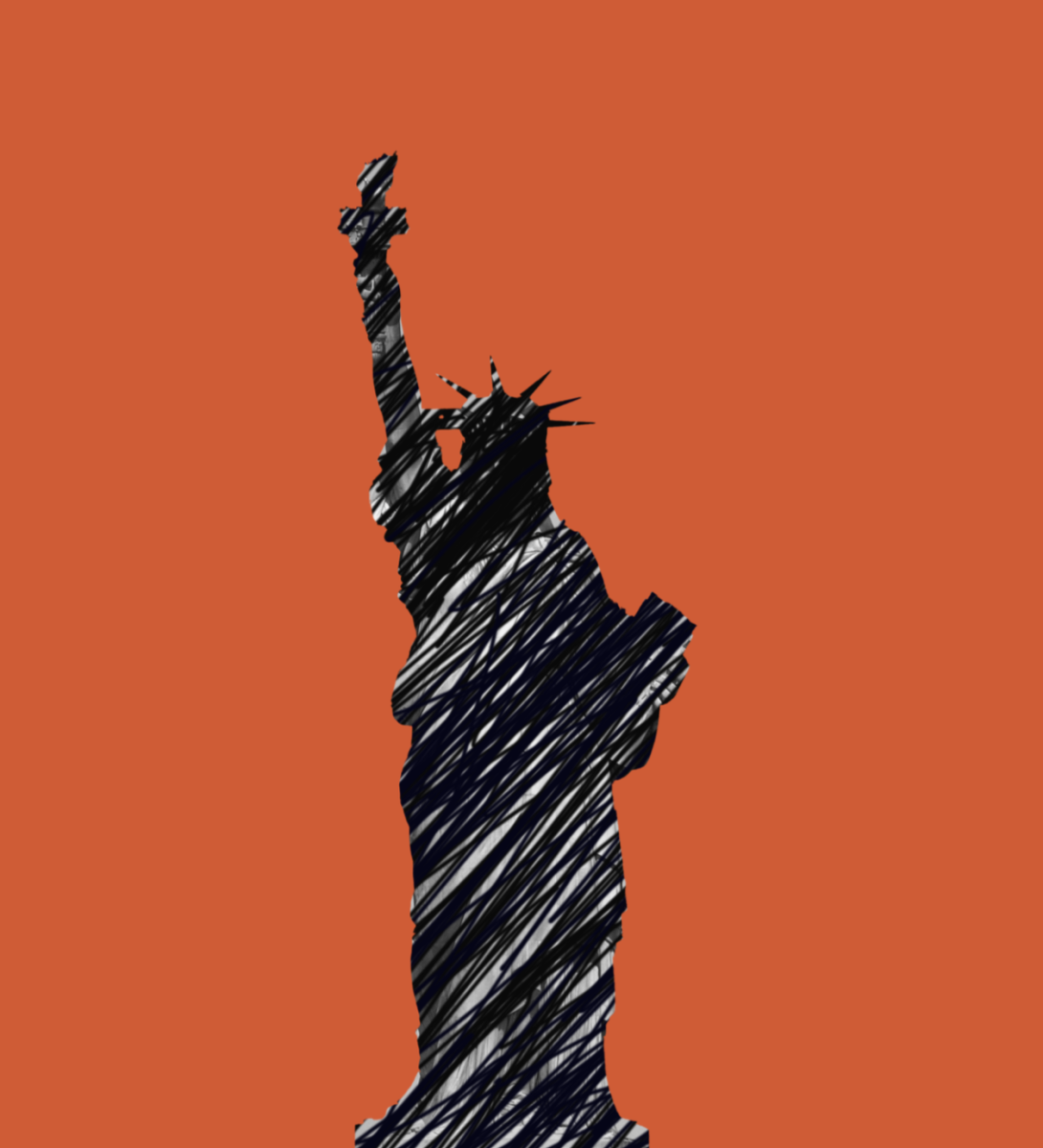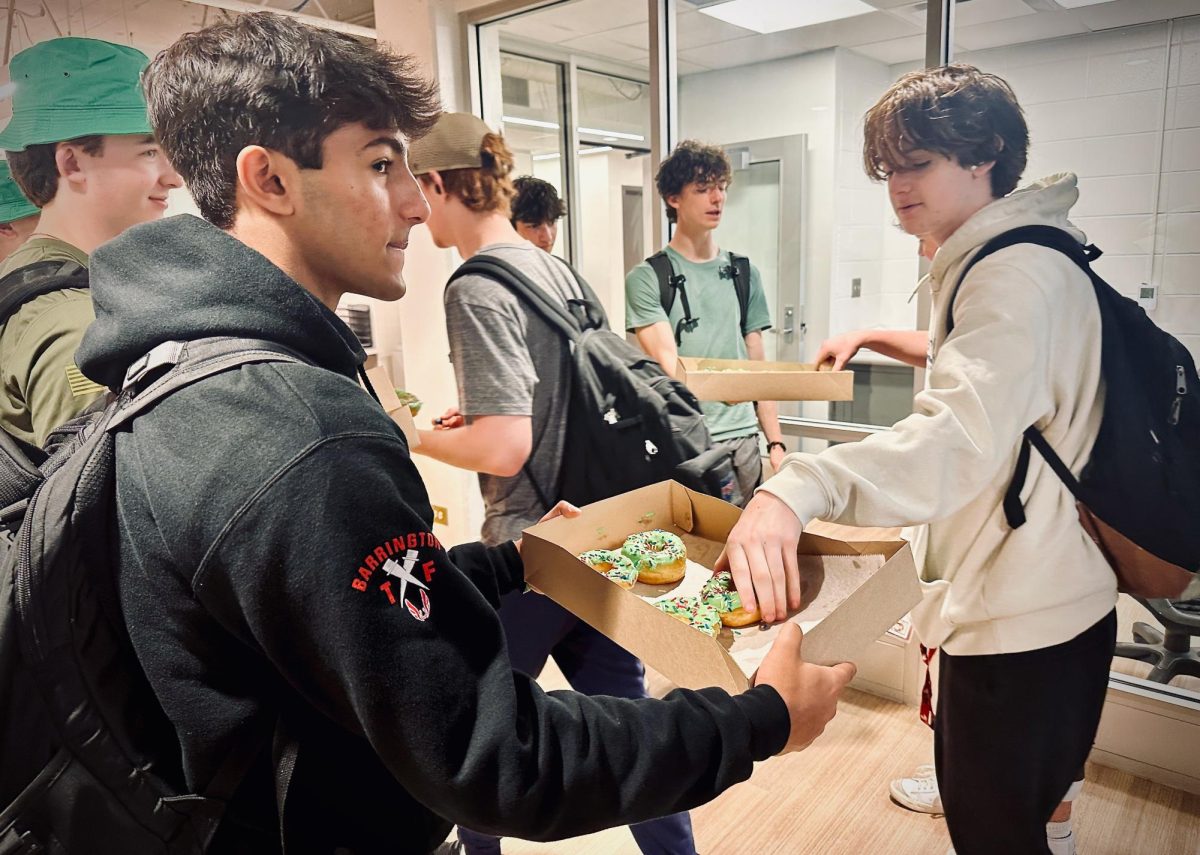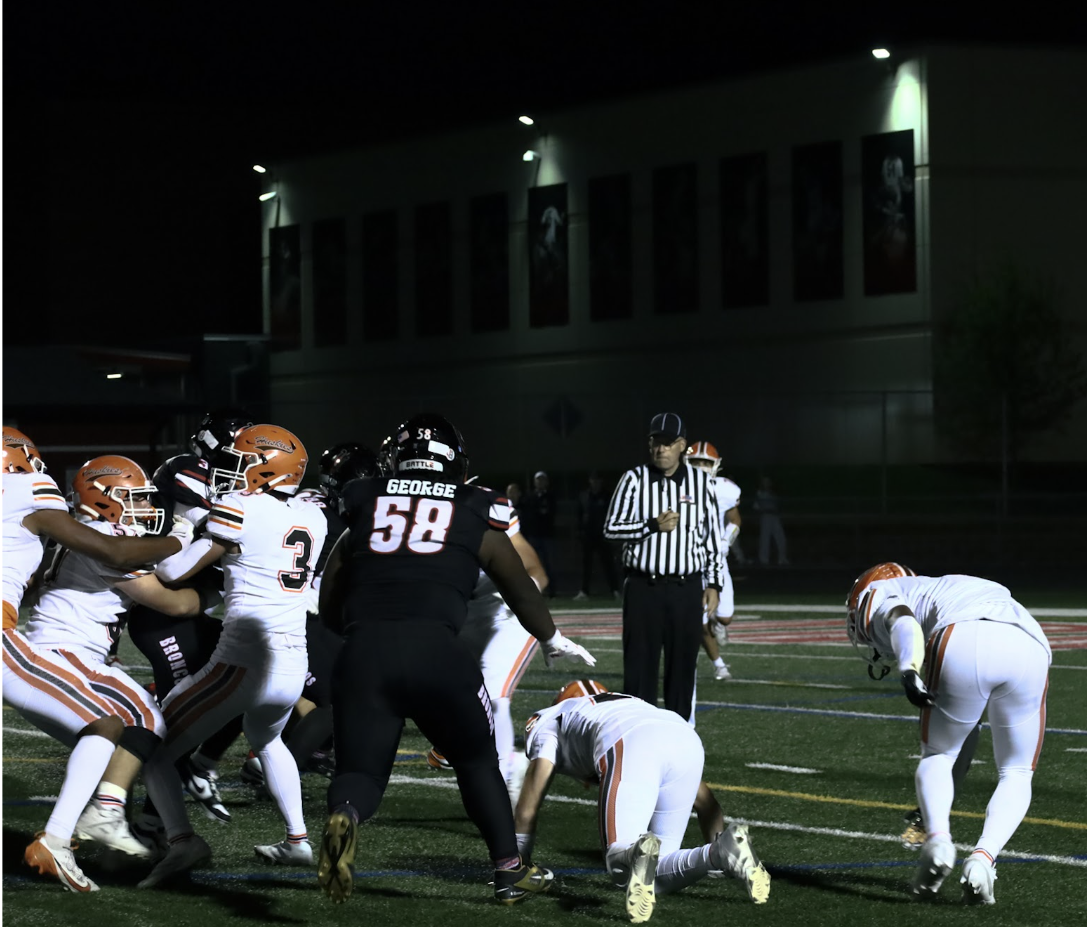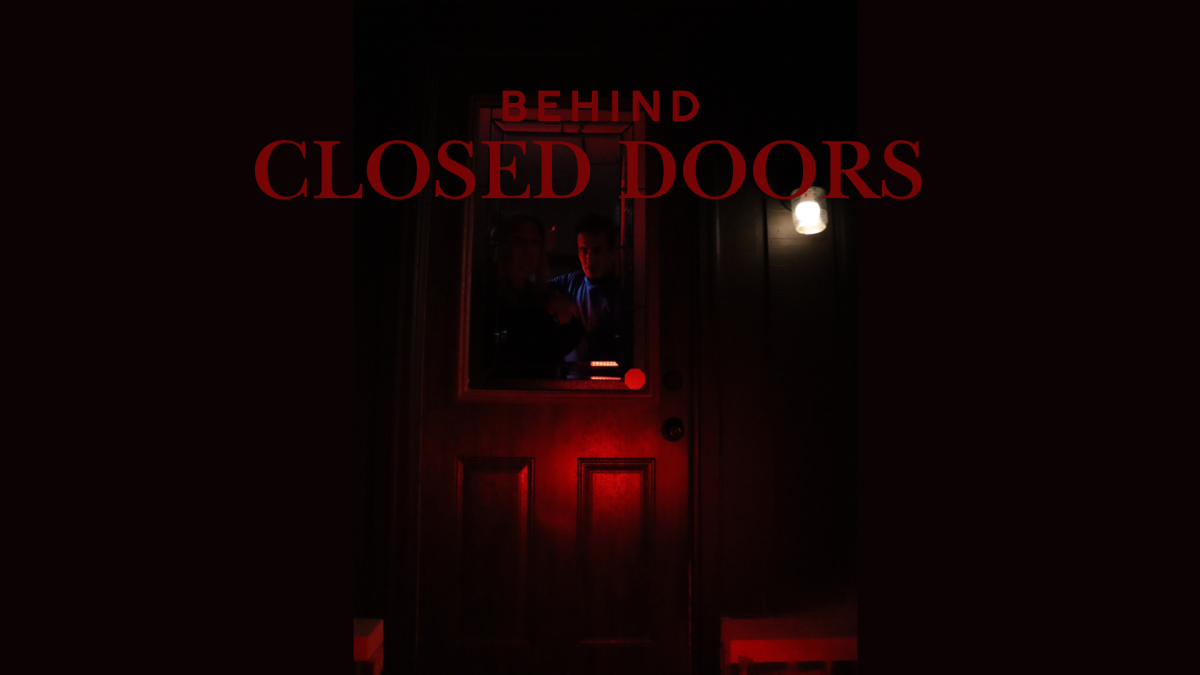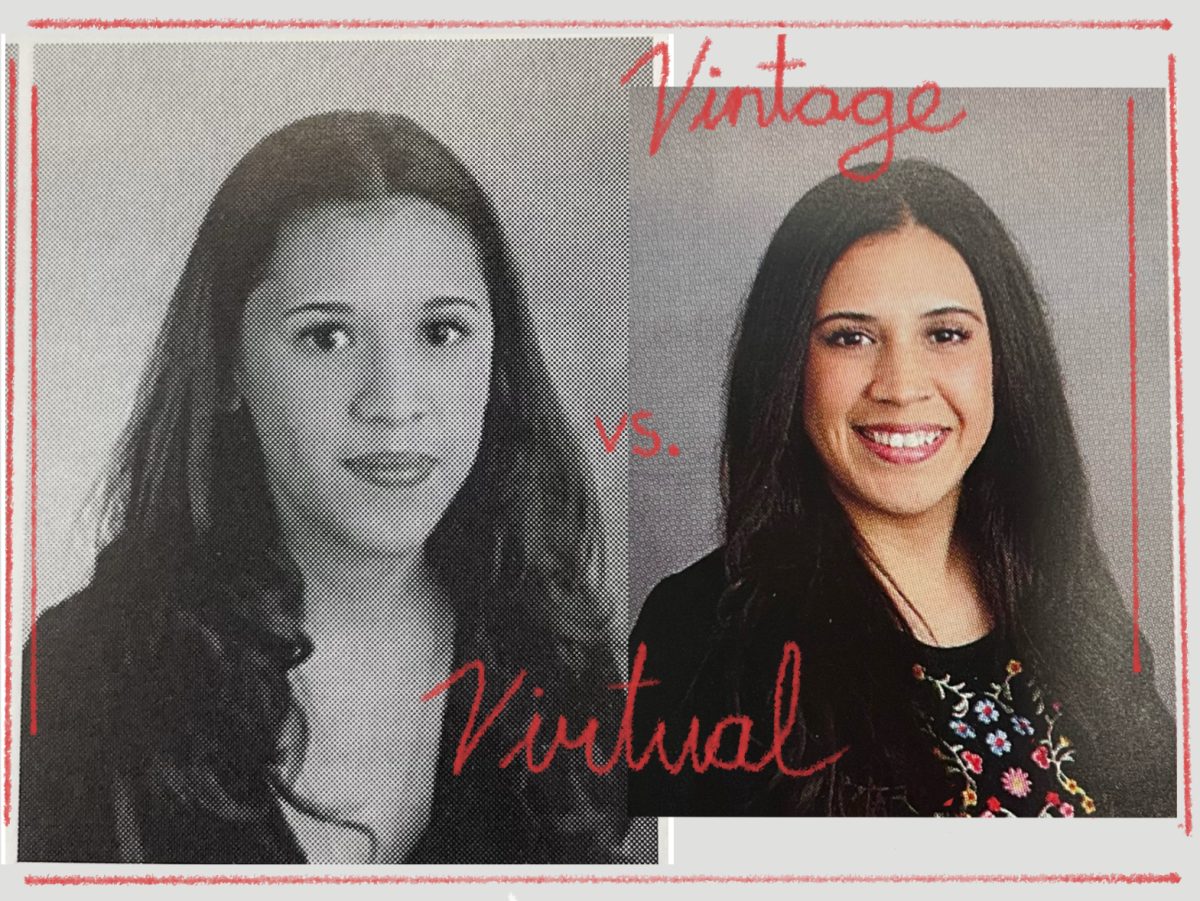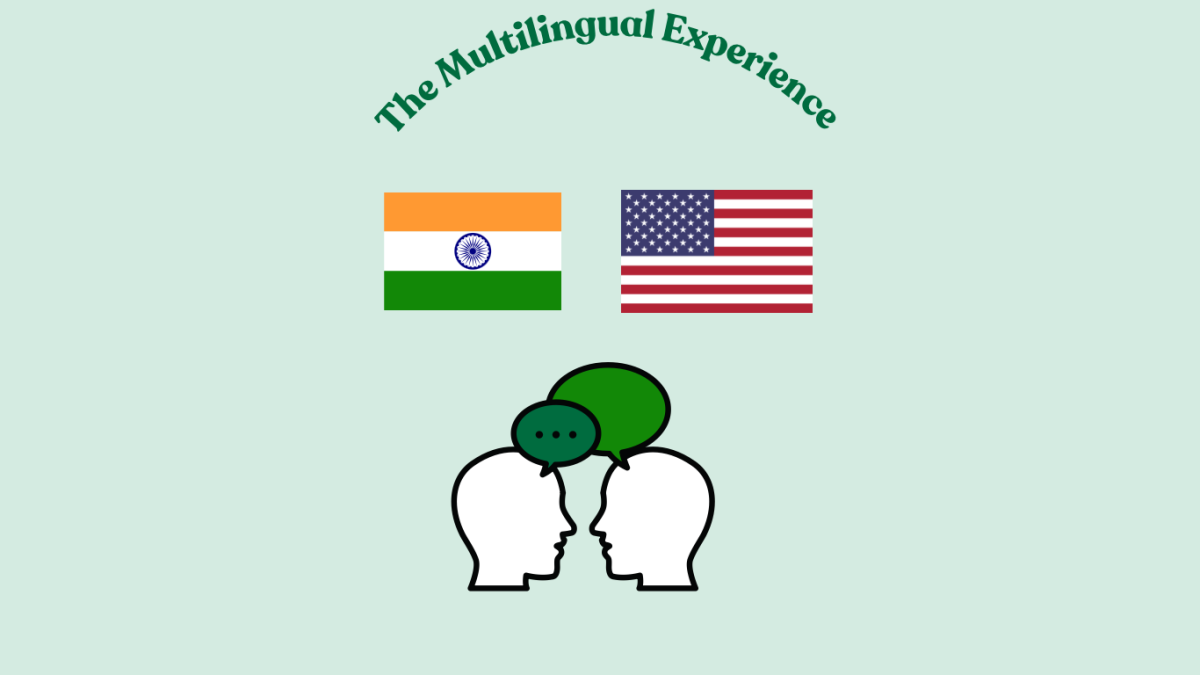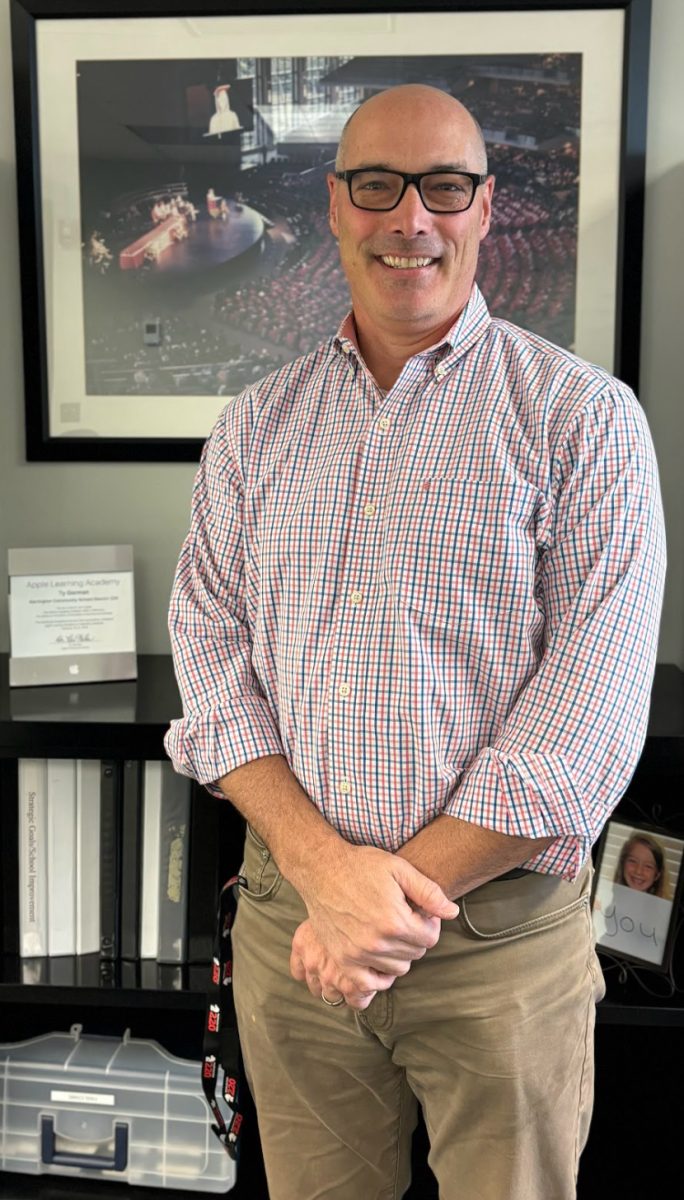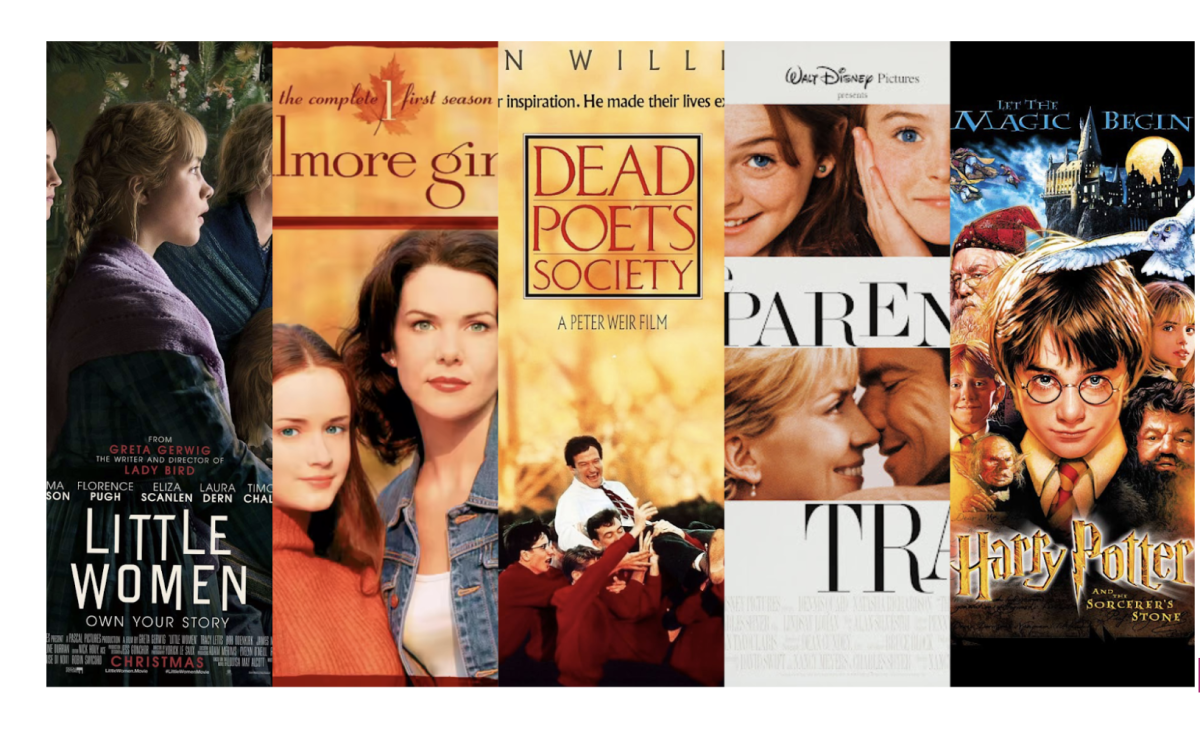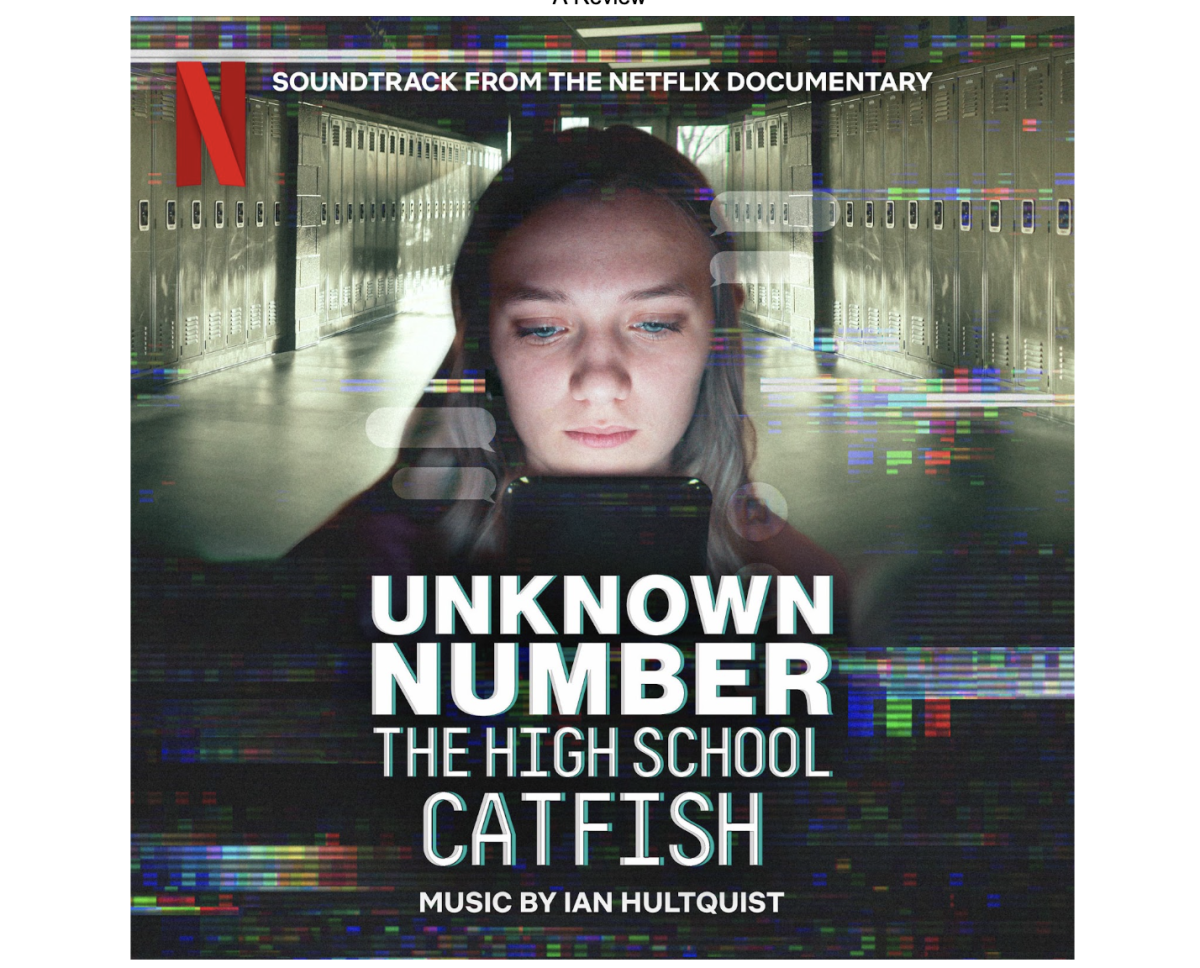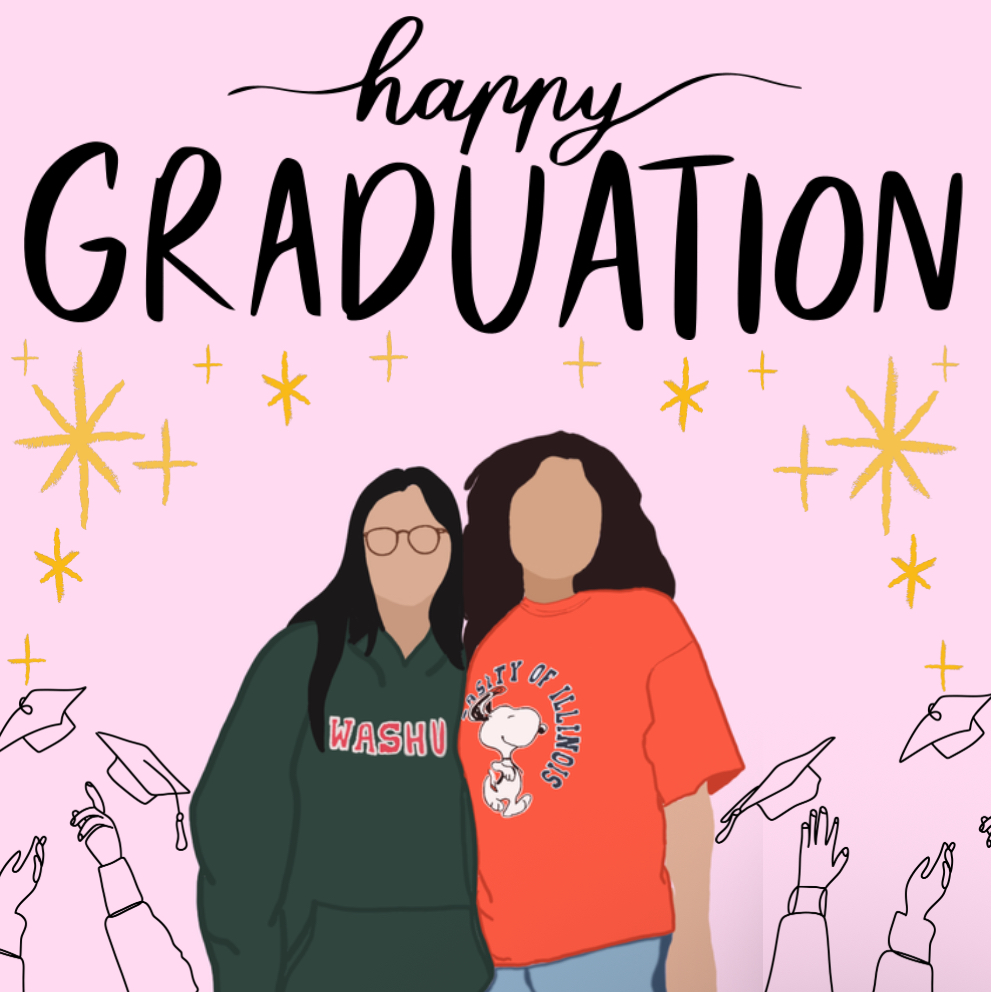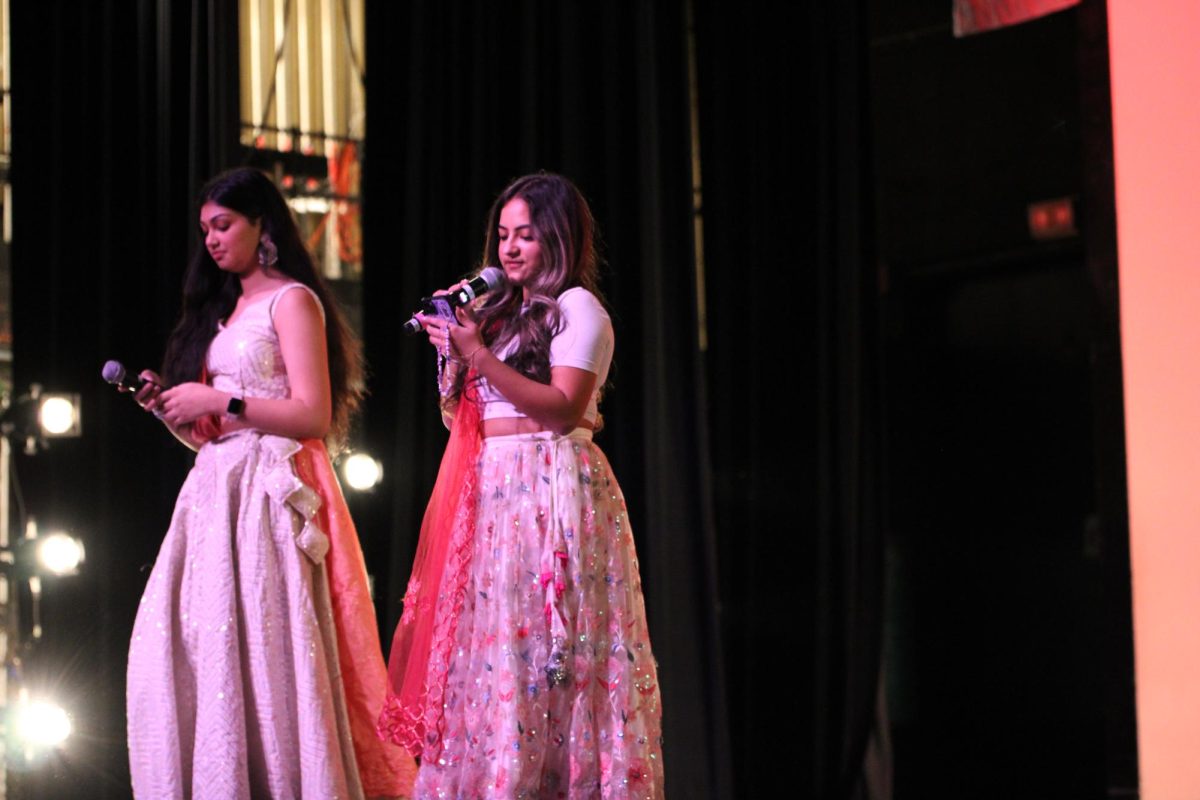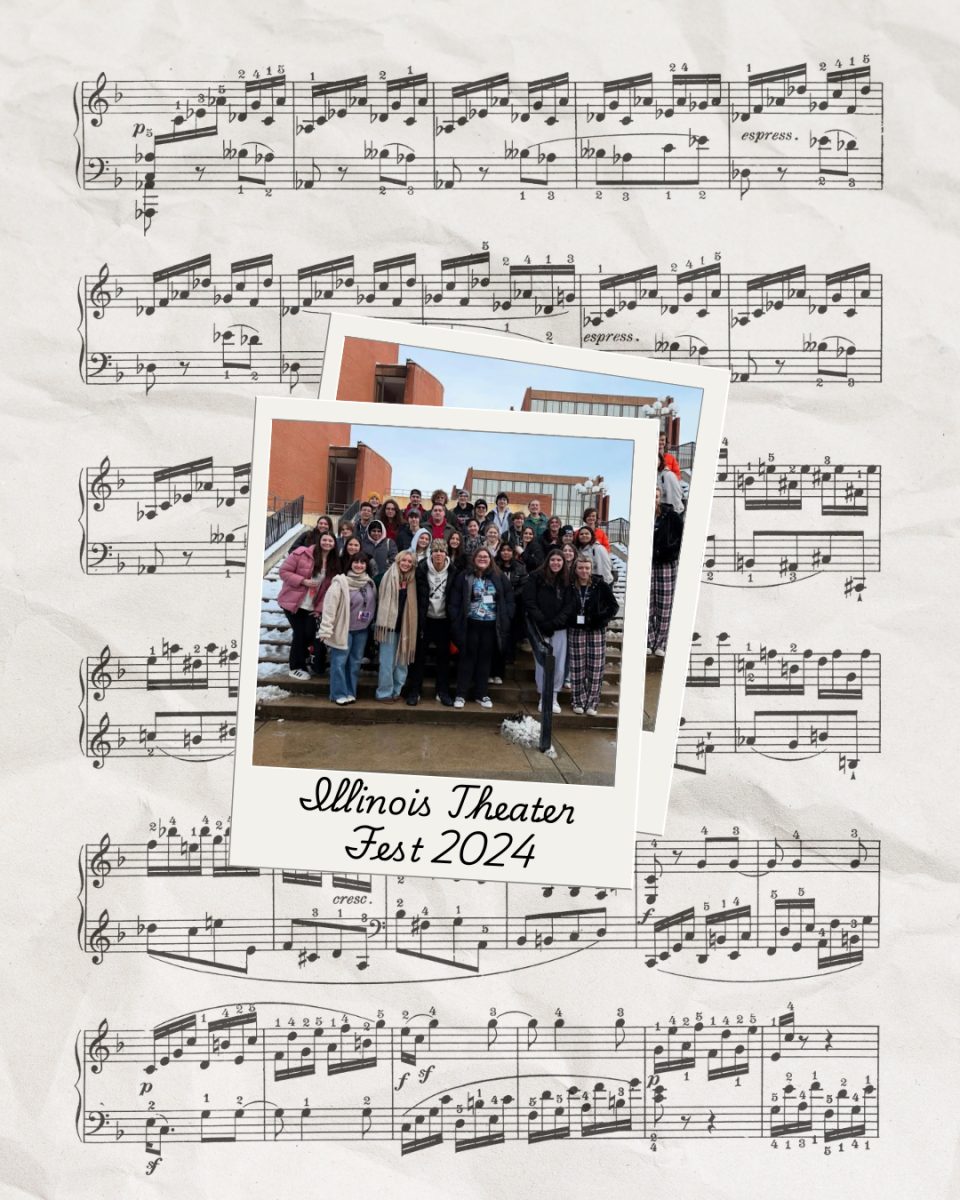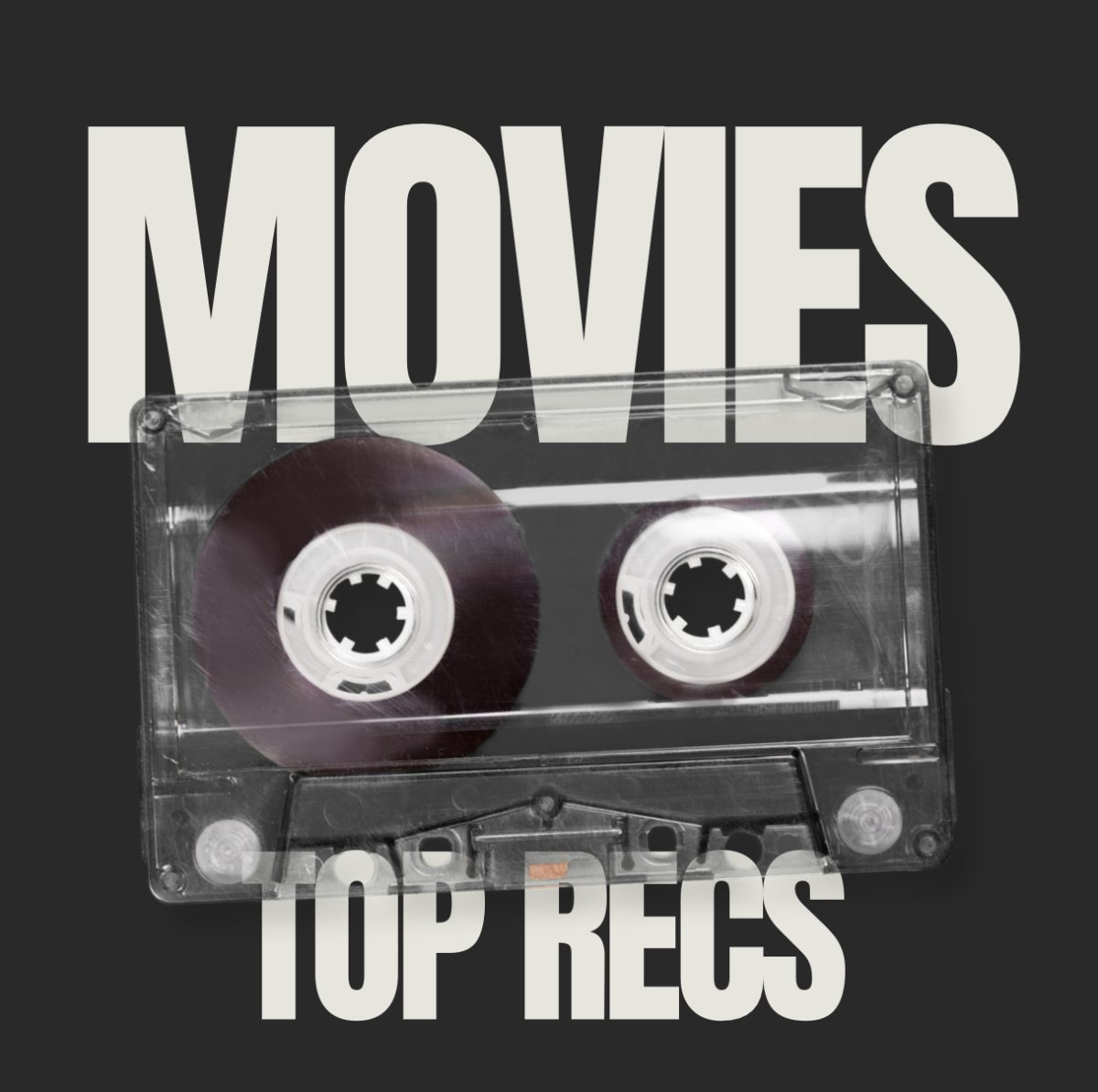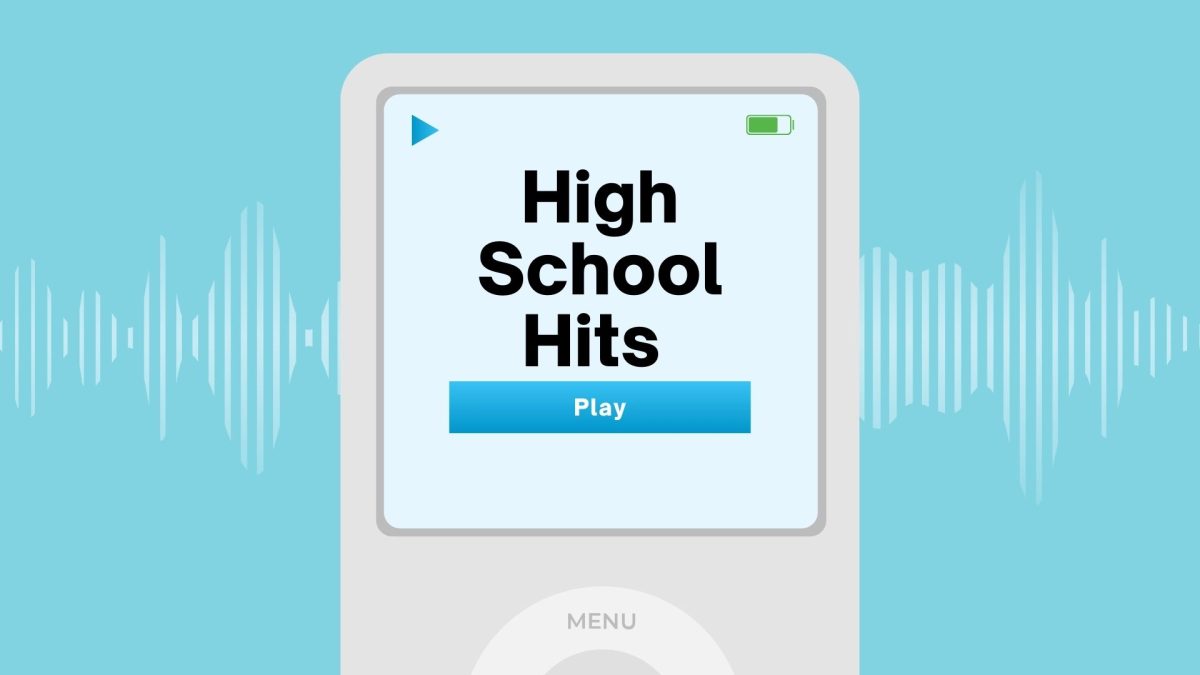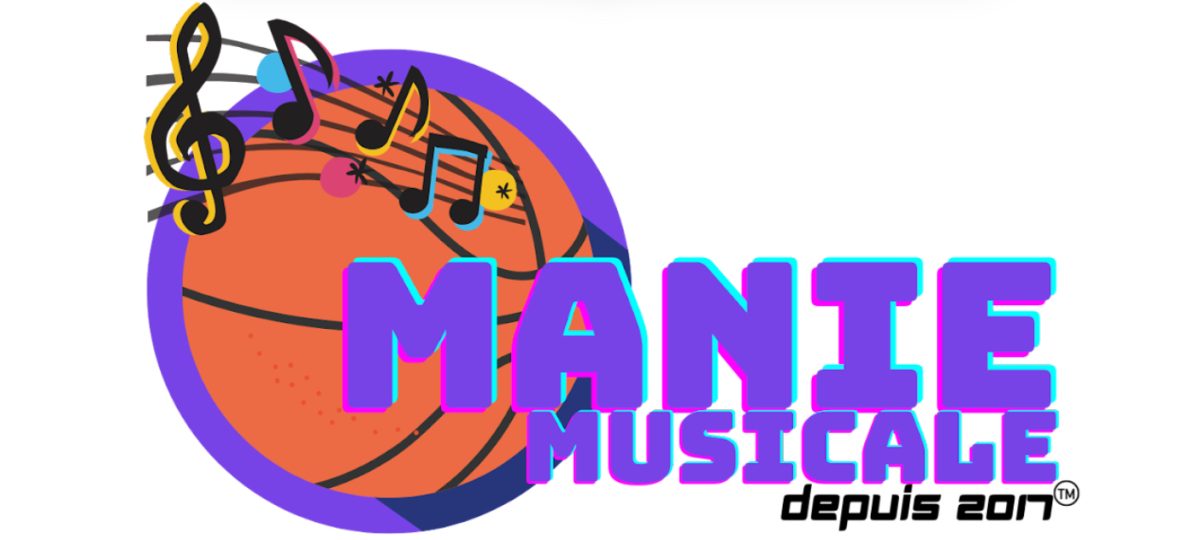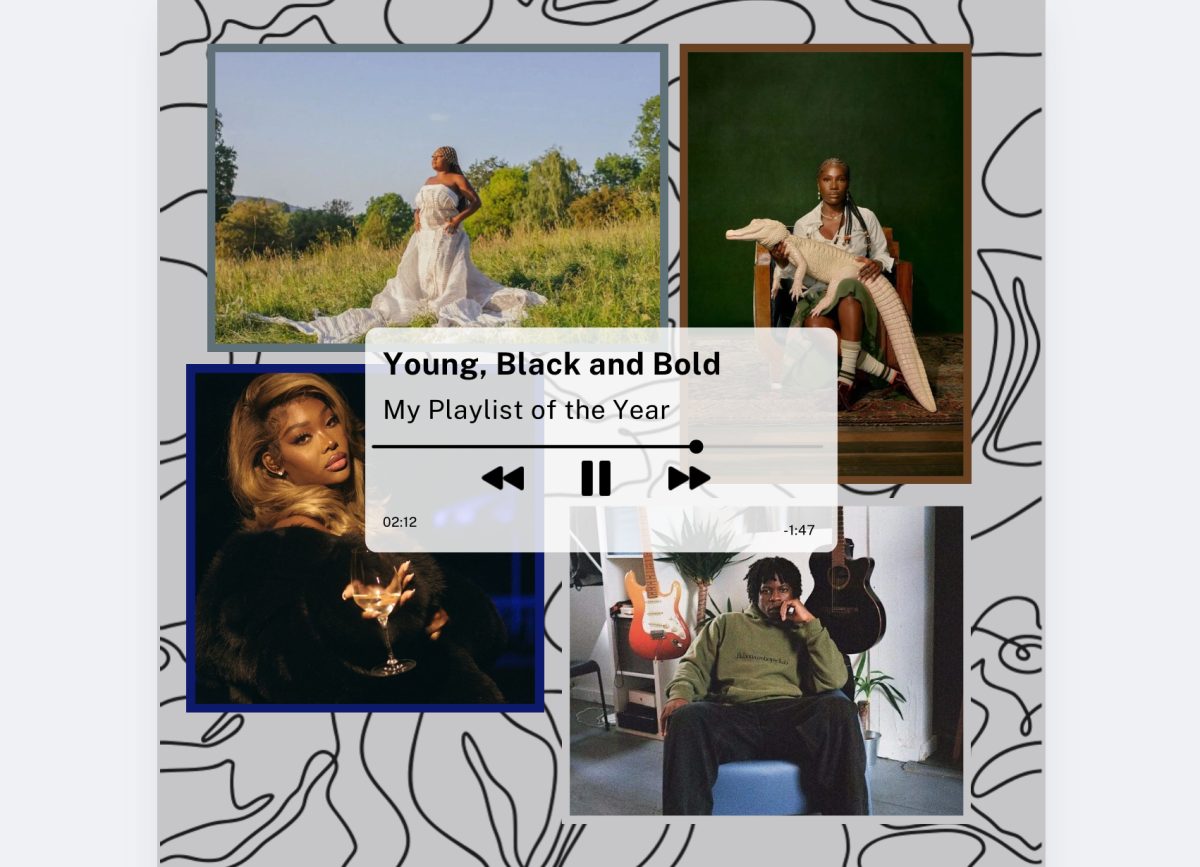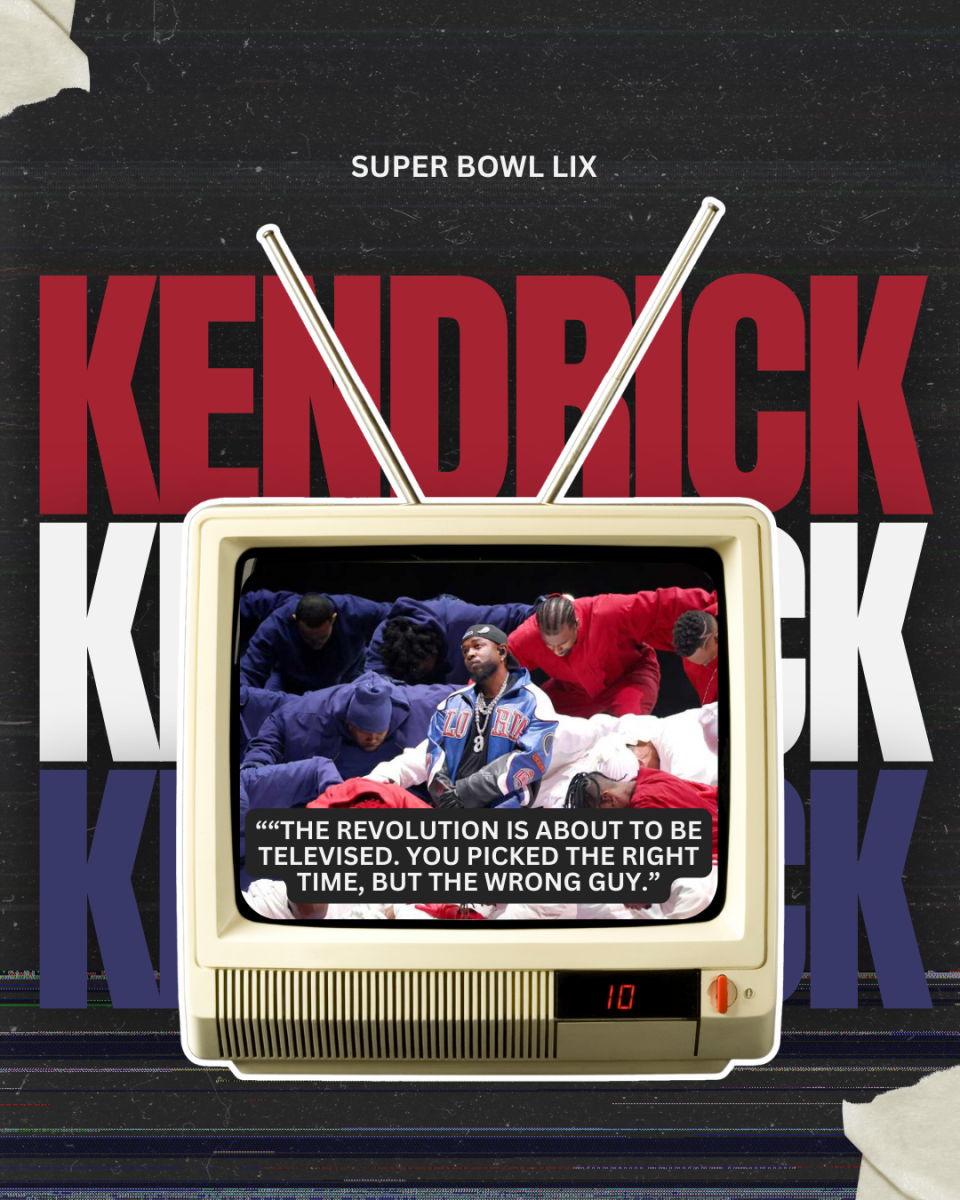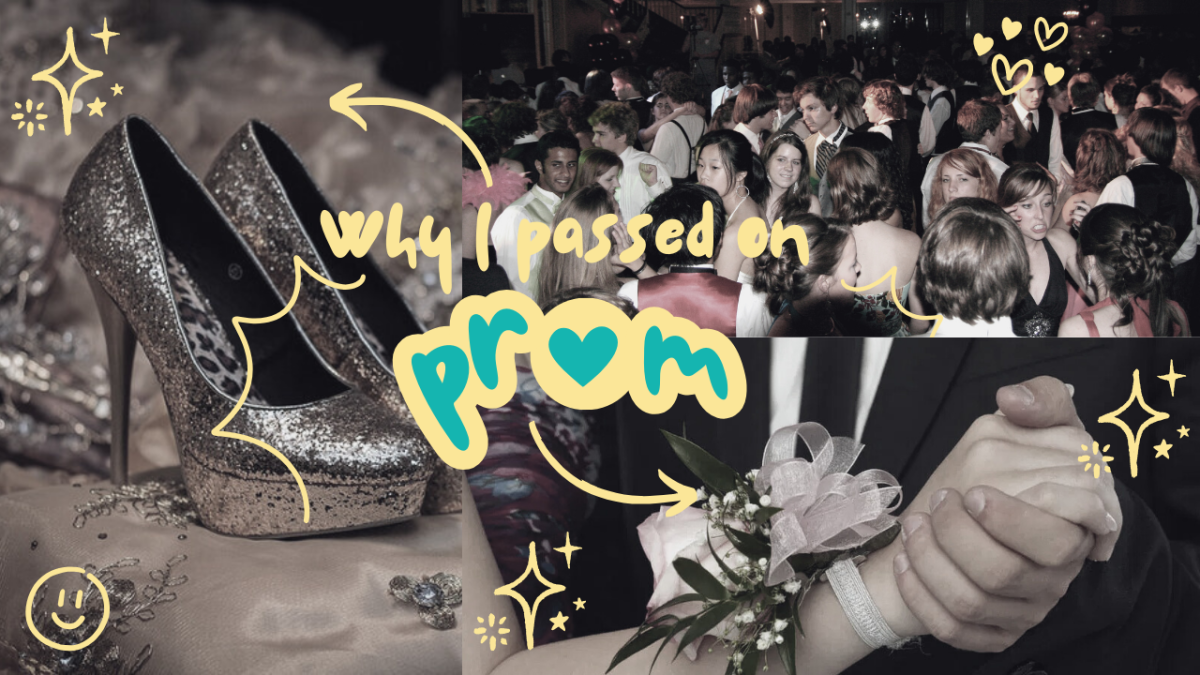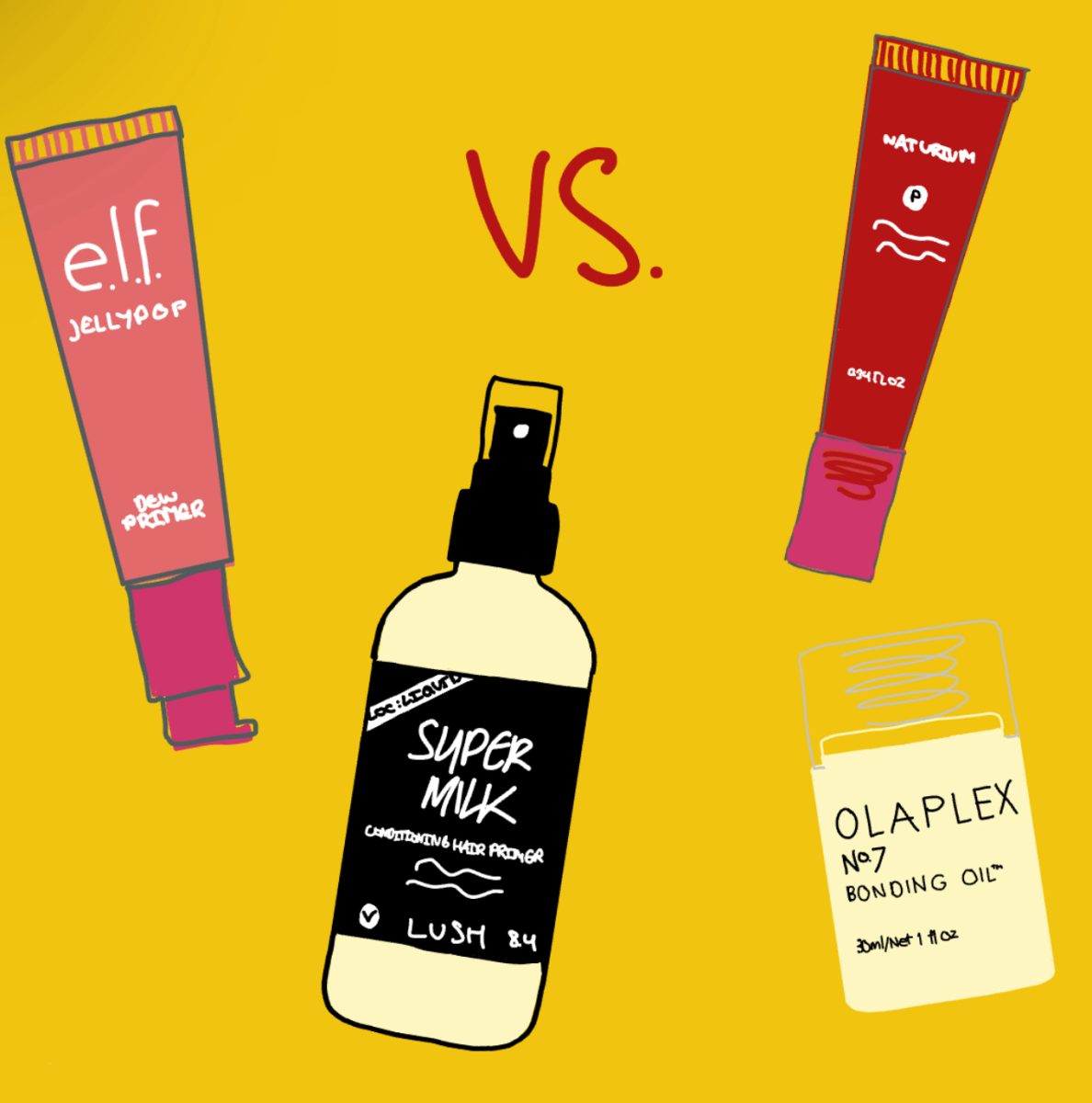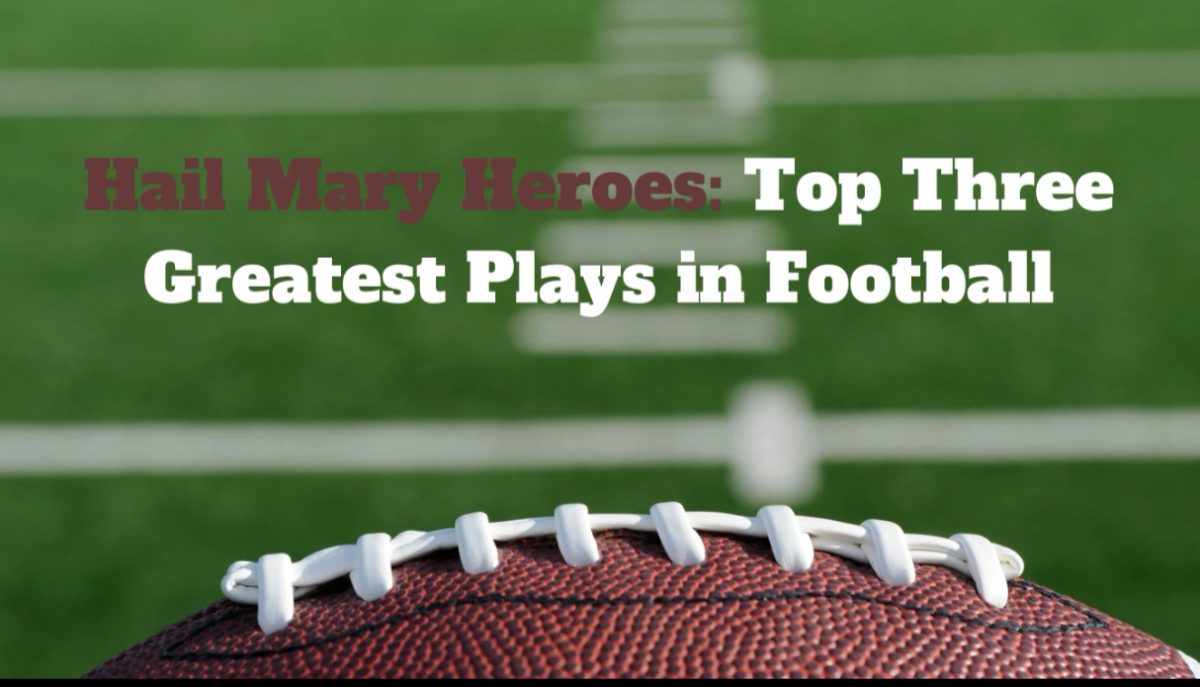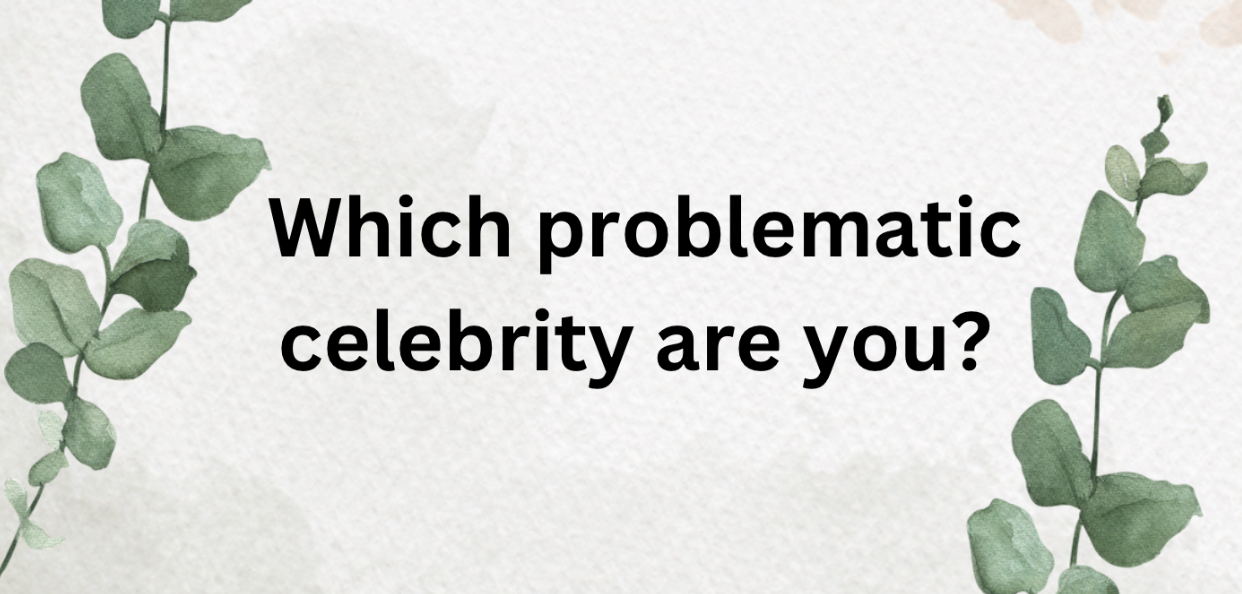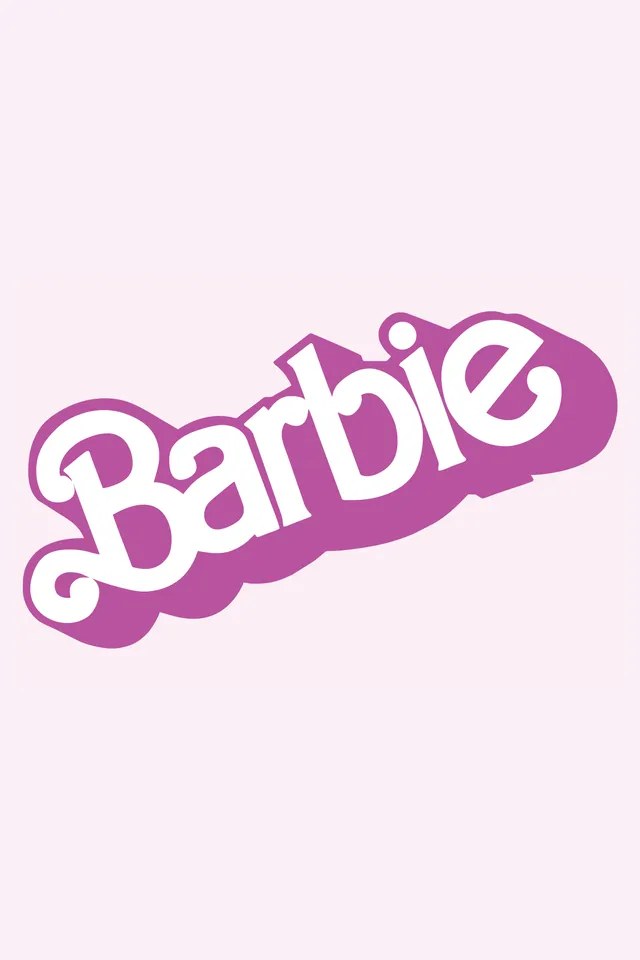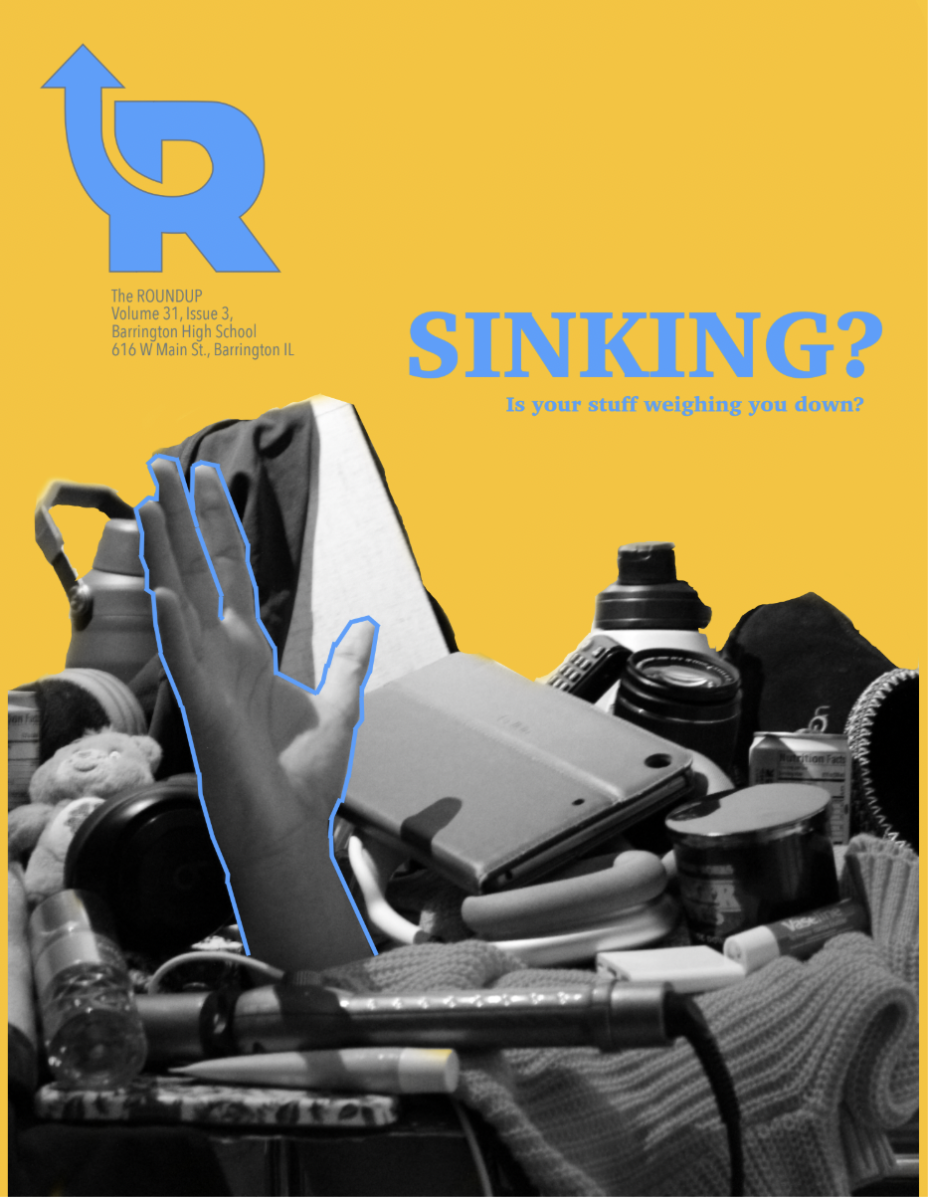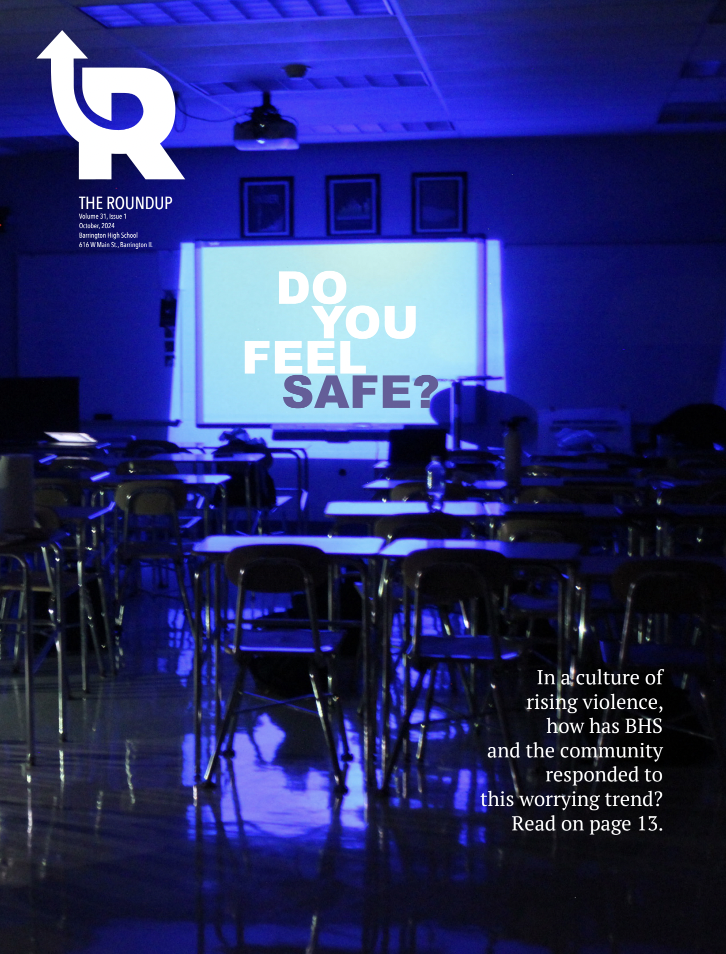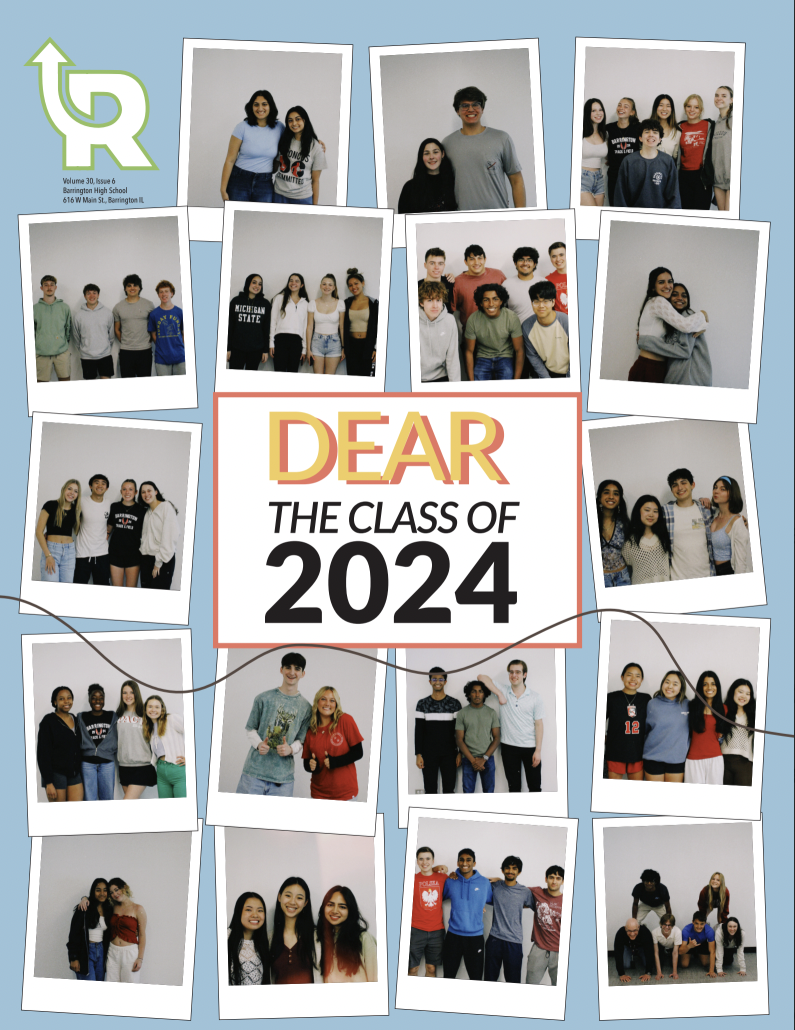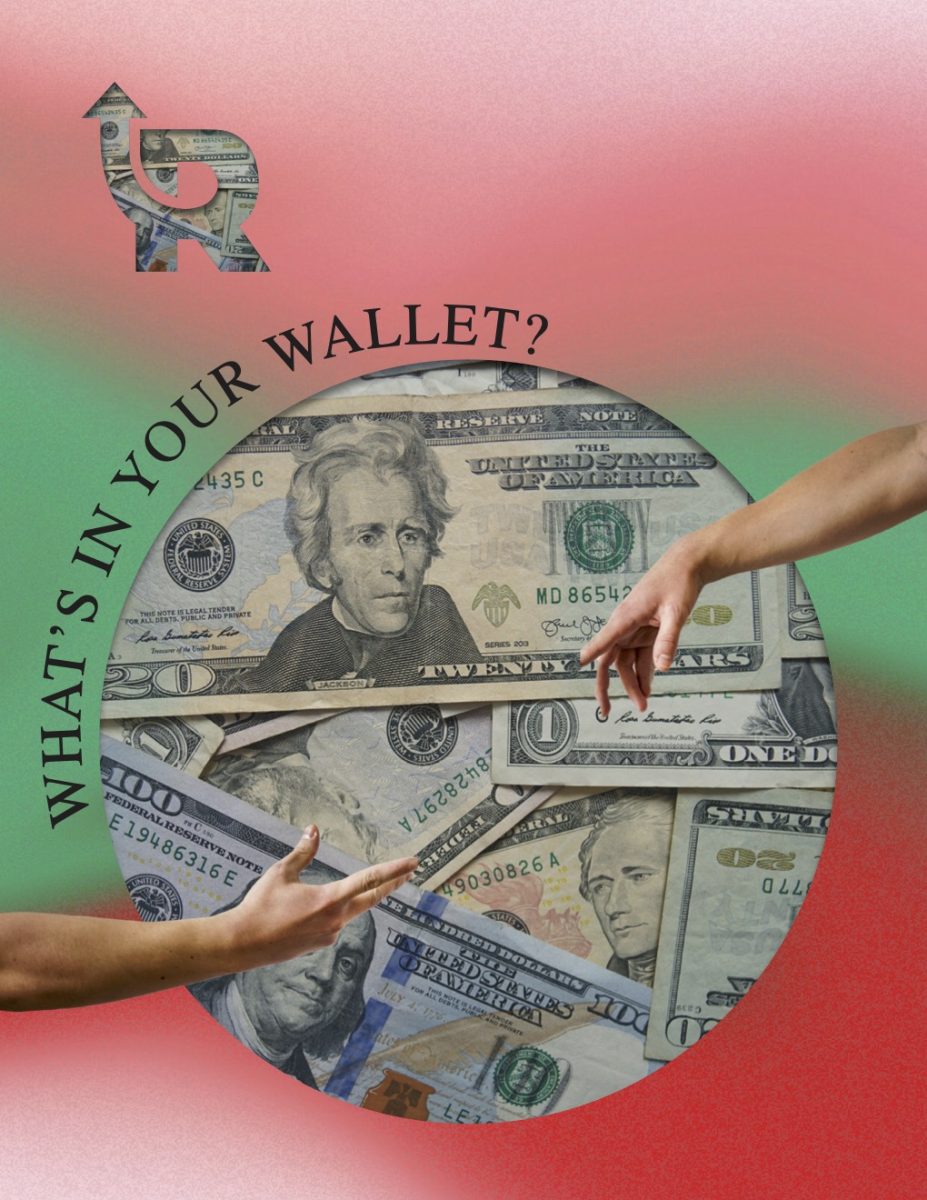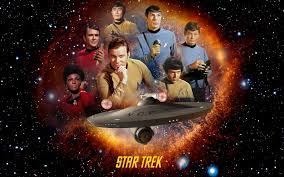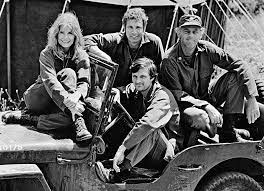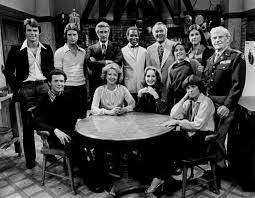I am now at the age that my father has dubbed “suitable for watching TV shows.” More specifically, his TV shows: hilarious, strange, 70s TV shows.
Full disclosure, I am not one for TV. As a high school student balancing a year-long sport and a demanding academic schedule, most of my free time is spent sleeping or doing homework. Or, to complete the nerd trifecta, reading books.
But, I admit, there’s something comfortable about settling into a good TV show, especially ones connected to my father’s mysterious childhood. But watching “M.A.S.H”, “Soap” and “Star Trek” don’t just give me insight into my father – I learn of a shockingly different culture. Back then, it seems watching prime-time television was more than just the show; it meant subjects for conversations, a base for relationships, jokes to break up monotonous work culture and ultimately something everyone could relate, agree or contribute to.
“This was the show everyone was watching,” or “the whole nation was on the edge of their seat,” or “everyone was talking about this” – these are phrases that no longer pop up in conversation, but overwhelmed my father’s anecdotes. This strange happening is called “cultural fragmentation” – a fancy word that means no one is standing around the water cooler chatting about last night’s TV show anymore.
But it’s a frightening idea when applied to the rapidly polarizing nation.
The following isn’t a secret: a chasm is developing between the two main political parties with families and friend groups alike ripped apart by political differences. It seems strange to blame television in this situation. But in a country where common ground is rapidly disappearing, talking about entertainment is readily available – and as safe a subject as anything.
Well, it used to be. Now, there isn’t much common ground to talk about.
An NPR article in 2011 (13 years ago!) pointed out the nation’s top-viewed show had fallen from 30 million in the late 1980s with “The Crosby Show” to 15 million watching “Two and a Half Men”.
In simple numbers, the top-viewed TV program was the coverage of the 2022/2023 season of “NFL Sunday Night Football” with 18.4 million viewers.
But live TV isn’t what it once was, with streaming TV shows taking the top spot in nighttime entertainment. Disney+’s “The Mandalorian” allegedly was the top streaming original of 2023, but this data is from “TVTime”, an app with solely 25 million users (and global ones at that). Netflix allegedly posts a report of their top-viewed TV shows, but I could find no publicly-published record of this and no concrete number of viewers.
So, how many Americans are really all watching the same streamed TV show? Frustratingly, it’s unclear.
But it’s also important to note the demographic of TV shows. The audience of the NFL is, I imagine, less diverse than that of “Friends”, and probably not the same people who are now watching “The Summer I Turned Pretty.” On the surface, growing viewership numbers of the top-viewed TV program seem positive. But a similar-sounding 17.6 million viewers watched the 2014 NFL season, meaning sports fans aren’t turning away from TV — everyone else is.
Ultimately, the problem is with the diversity of the audience rather than the scale. If “The Office” was set in modern times, Pam and Jim would never talk to each other, what with one watching Belly’s love triangle and another complaining about the 49ers.
The growth of the internet and streaming has allowed people to choose exactly the entertainment that they want, and find others who are doing the same. It has surely allowed millions of people to enjoy what they truly find funny, interesting or in perfect alignment with their views.
I will never tell people they can’t watch what they want to watch. But if you have any wish to connect with your classmates, coworkers, bosses or friends a little more in this day and age, you may need to put in a little more work. Ask about their shows. Seek out their entertainment. Sit down with your father and investigate what exactly he did back when there were only three channels.
The world is never going to be the same as it was. But the first step to common ground may just be the TV remote.

